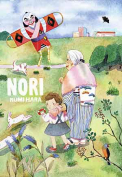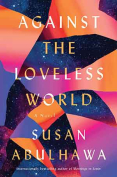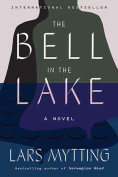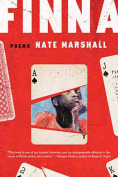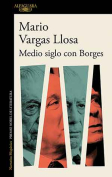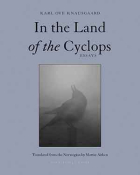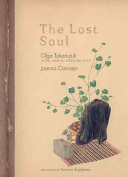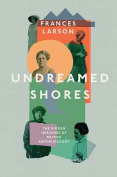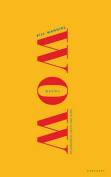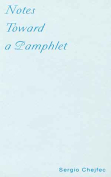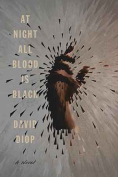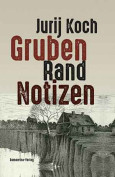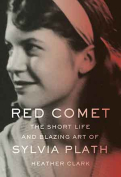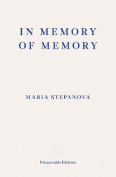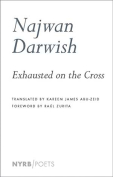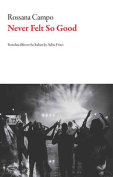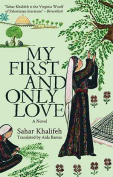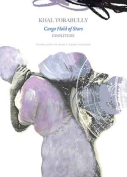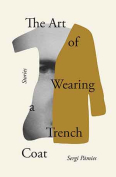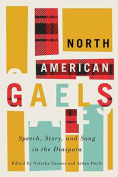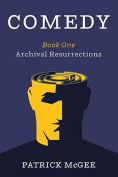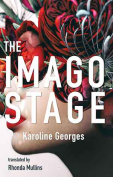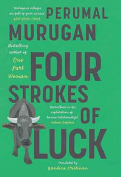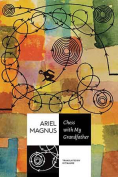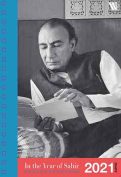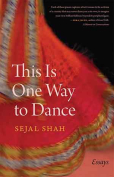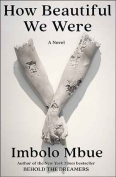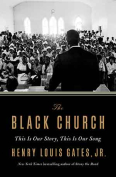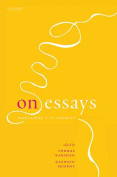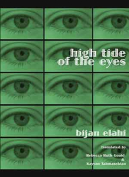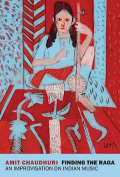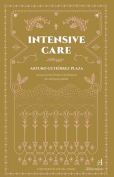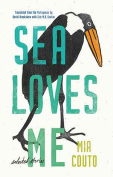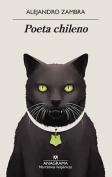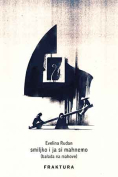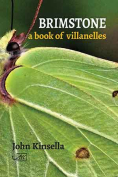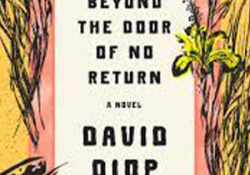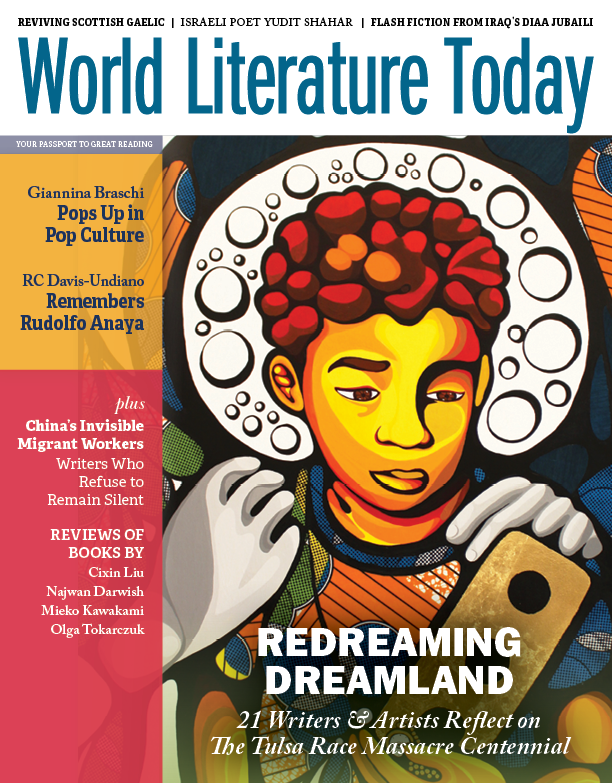At Night All Blood Is Black by David Diop
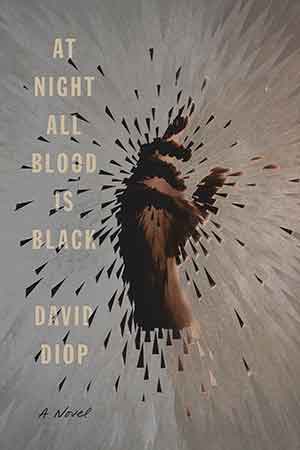 New York. Farrar, Straus and Giroux. 2020. 160 pages.
New York. Farrar, Straus and Giroux. 2020. 160 pages.
IN THE BLOOD-MIRED trenches of World War I, an unwilling soldier ascends to an agent of death. Though David Diop anchors At Night All Blood Is Black in the plight of Senegal, the historical context of the novel is hushed by an examination of the psychological duality of conflict. A recollection of late childhood and carnage, Diop’s prose is less of the fever dream sometimes associated with similarly grotesque subjects and more an organic, direct recount of destruction years at a remove à la Joshua Oppenheimer’s The Look of Silence. His early illustrations of violence in the novel are abrasive even when compared to most notorious contributions to realistic wartime fiction, but Diop skirts dwelling in such memory in favor of understanding the fractured life that inevitably follows.
Alfa is a young Senegalese man with academic aspirations outside of Africa. Unfortunately, he and his best friend, Mademba, are recruited for the French war effort against Germany. He and his companion are forced to adopt a veneer of savagery, a vestige Alfa begins to embrace after Mademba is mortally wounded. Unable to bring himself to mercifully kill his friend, Alfa begins viciously killing every German he can find and harvesting their hands, at first to his squadron’s encouragement. Their response quickly shifts to horror, however, as with each kill Alfa embodies the vicious animal his superiors believe him to be.
Diop’s aforementioned focus on duality is apparent throughout almost every passage. Trenches are likened to a womb or a giant woman, as if Alfa’s deadly outings are bookended by a perverse source of life. Diop draws particular attention to how Alfa and his fellow “Chocolat soldiers” are presented: they hold a state-of-the-art rifle in one hand and a crude machete in the other. So far removed from any inclination toward this kind of behavior, Alfa feels himself slide into a cruel parody of his ancestral plight.
Alfa, to the character’s credit, is presented as far from helpless. Despite dismembering Germans in an almost clinical routine, Diop never suggests that Alfa has utterly lost his humanity. In every life he takes, he sees a bit of himself die as the myth of the savage grows. Even then, he knows it is not conclusive, and the novel’s latter half is almost entirely centered on contemplating consequences.
War as a literary theme is abundant but is rarely presented with tact when framed as visually as it is with All Blood Is Black. David Diop’s sophomore effort is readily adapted to the wartime canon.
Daniel Bokemper
Oklahoma City
